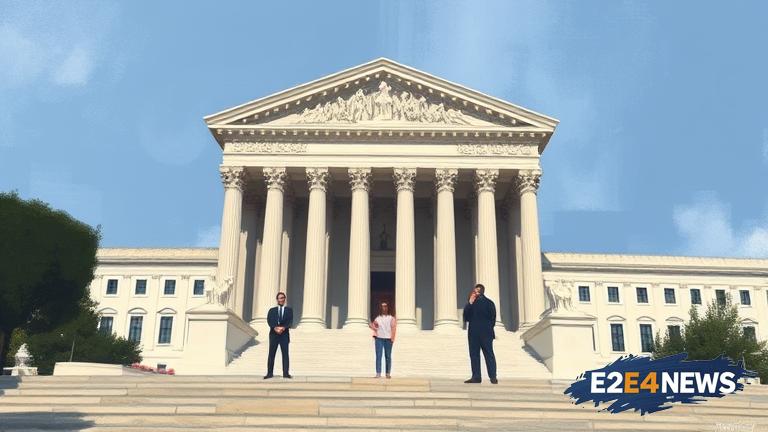In a significant development, a third federal court has ruled against the implementation of a policy that aimed to restrict birthright citizenship for certain individuals. The policy, which was introduced by the US government, sought to limit the automatic granting of citizenship to children born in the United States to parents who are not citizens. The court’s decision is a major setback for the government’s efforts to restrict birthright citizenship. The ruling is the third in a series of court decisions that have blocked the implementation of the policy. The first two rulings were made by federal courts in California and New York, and this latest decision was made by a court in Illinois. The policy has been widely criticized by civil rights groups and immigration advocates, who argue that it is unconstitutional and discriminatory. The government has argued that the policy is necessary to prevent fraud and abuse of the immigration system. However, the courts have consistently ruled that the policy is not supported by the Constitution or federal law. The latest ruling is a significant victory for immigration advocates, who have been fighting against the policy since it was introduced. The decision is also a major blow to the government’s efforts to restrict immigration and limit the rights of non-citizens. The court’s ruling is based on the principle that birthright citizenship is a fundamental right that is guaranteed by the Constitution. The Constitution states that all persons born in the United States are citizens, regardless of the citizenship status of their parents. The government has argued that this principle does not apply to children born to non-citizen parents, but the courts have consistently rejected this argument. The latest ruling is a clear indication that the courts will continue to protect the rights of all individuals, regardless of their immigration status. The decision is also a reminder that the US is a nation of immigrants, and that birthright citizenship is a fundamental part of the country’s identity. The ruling will have significant implications for immigration policy and will likely be appealed by the government. The case is likely to end up in the Supreme Court, where it will be decided once and for all. The outcome of the case will have major implications for the future of immigration policy in the US. In the meantime, the ruling is a major victory for immigration advocates and a significant setback for the government’s efforts to restrict immigration.
